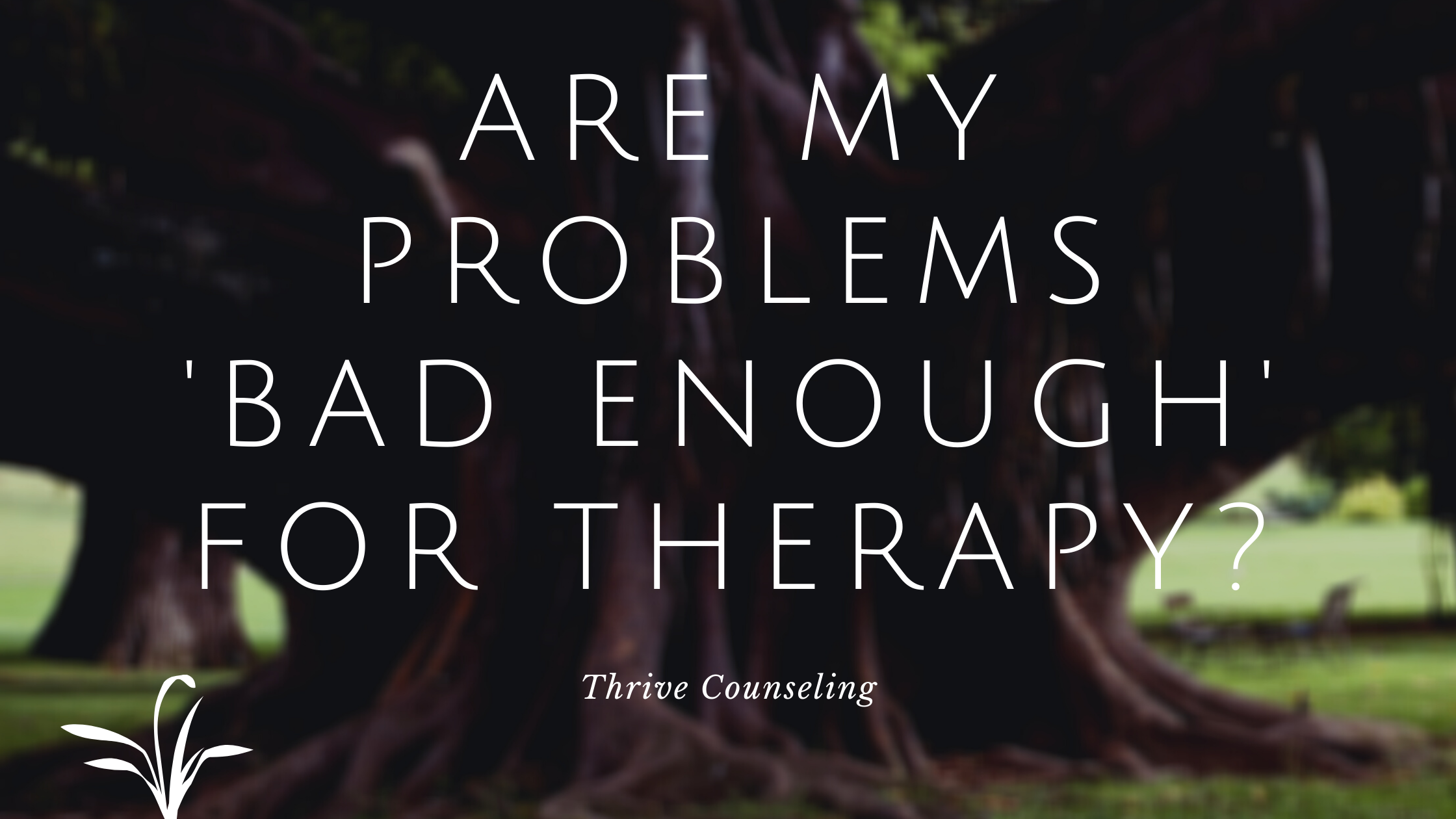
How to Not Let Pandemic Weight Gain Negatively Impact Your Mental Health
How to Not Let Pandemic Weight Gain Negatively Impact Your Mental Health By: Jessica Taylor, LPC According to a survey done last year, approximately 71 million Americans report that they have gained weight during the COVID-19 pandemic. This widespread weight gain is happening for many different reasons, including more sedentary lifestyles and using food and alcohol as a coping skill. Remember that weight gain itself is not bad. It is just neutral. It is up to you (and your physician) to determine what your healthy weight is. What I want to focus on is how to not let pandemic weight gain negatively impact your self-esteem and/or your mental health. If you have struggled with disordered eating habits in the past, weight gain due to the pandemic might be especially triggering. Or maybe you are noticing that just since the pandemic you have started buying into some harmful thoughts about your weight, and this is increasing symptoms of anxiety or depression. If getting weight gain under control is a goal of yours, it might be helpful to talk to your primary care physician and/or get a referral to a Registered Dietician. But no matter what your goals are around your weight, there are strategies to help you maintain a positive self-image and maintain a healthy baseline mood despite any changes your body is going through. These strategies might also helpful if you are experiencing weight changes for any reason other than the pandemic. Practice cognitive defusion from harmful stories. Acceptance and Commitment Therapy (ACT) asserts that all of us get sent automatic ‘stories’ (thoughts) from our brain. These stories are directly tied to our emotions. For example, if my brain sends me the thought: “I’ve gained so much weight in the last year and I cannot let my friends see me like this,” I have two choices: to believe this thought or defuse from it (not believe it). If I buy into that thought, I’m probably going to feel pretty sad, angry and lonely. These automatic thoughts are a result of our worldview, which is formed based on our life experiences, mental health issues, relationships, etc. Getting rid of these thoughts permanently might not be possible, but what you can do is defuse from them, or simply put—just don’t buy in. Just because you are thinking something doesn’t make it true. Remember that your thoughts about yourself are often biased by your worldview. So, ask yourself if the stories you are currently buying into are helpful or harmful in getting to your goals (losing weight, improving self-esteem, etc.) If the answer is that they are harmful, and will prevent you from achieving your goals, then practice ‘defusion’ strategies as a means to begin giving less power to these particular thoughts. Repeat a mantra Another way to counteract negative thoughts is to come up with a more helpful (less harmful) mantra to repeat to yourself as needed. This does not need to be a super positive “sunshine and rainbows” mantra (unless you’re into that); it can just be something more neutral. For example, here is a helpful mantra that you can say to yourself if you are worried about pandemic weight gain: “I am worthy of self-love, and love from others, no matter the size of my body.” Or maybe something even more neutral such as: “It’s okay that I have gained weight; this was a stressful year.” Write this down and post it somewhere that you are going to look on a regular basis. Assess whether social media is helping or harming your inner dialogue If certain content on social media is making you more susceptible to buy into those harmful thoughts your brain sends you, consider unfollowing certain accounts or just taking a hiatus from social media altogether. While we all know by now that the content others post on social media is carefully curated, and that we are usually only seeing the ‘highlights’, this doesn’t make it any less difficult to avoid comparing ourselves to others when we are constantly seeing their lives through a perfection lens and ours through a very critical lens. Engage in movement for enjoyment If you find that you are struggling to engage in regular movement, consider what you are currently using to try to motivate yourself to exercise. If you are saying that you must exercise to lose weight, and you are struggling to get yourself to engage in exercise, then maybe you need to find a different way of motivating yourself. Thinking about exercising to burn calories can make us feel overwhelmed or see things in a black-and-white way (i.e.: “It’s pointless to work out today because I’m never going to burn off that cake I ate earlier.”) Instead, just set a goal of moving your body for 30 minutes per day. Exercise has other important benefits aside from losing weight, such as producing chemicals in your brain that will help you feel happier and less anxious. Practice mindful eating and drinking Practicing mindfulness when you are eating and drinking is a huge factor when attempting to get unhealthy habits under control. Here are some quick things you can try today: Check-in with yourself regarding the why for eating/drinking in that moment: Are you actually feeling hungry or are you using food or alcohol to cope with feeling stressed, bored, etc.? Eat slowly, with no distractions. Use your five senses while you eat and drink. Again, food and alcohol are not innately bad. They are neutral. Is it just important to make sure that we are not using binge eating or drinking as a means of coping or distraction from life’s stressors. There are much healthier ways to cope that will not result in feelings of shame or guilt. Treat yourself like you treat your best friend If you are noticing yourself buying into mean thoughts about your weight, ask yourself one simple question: Would I talk to my best friend like this? Probably not, right? When we hear our










